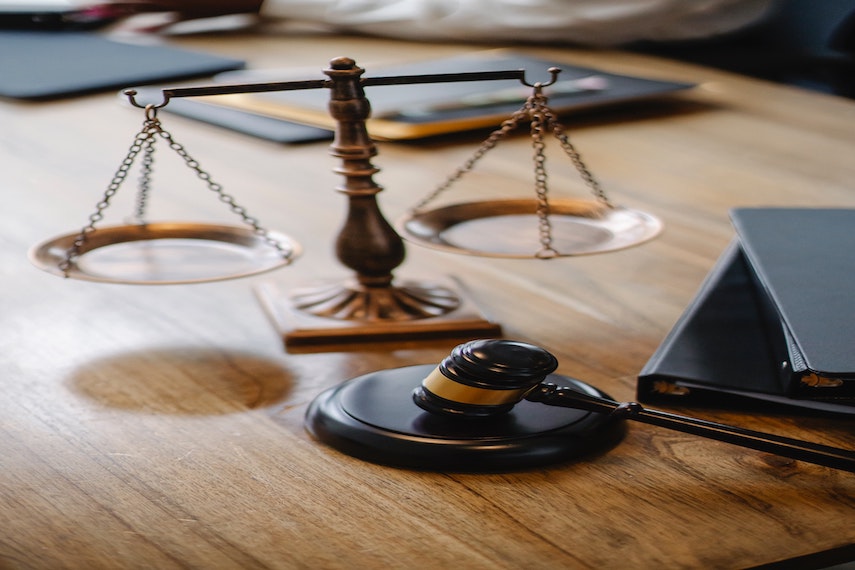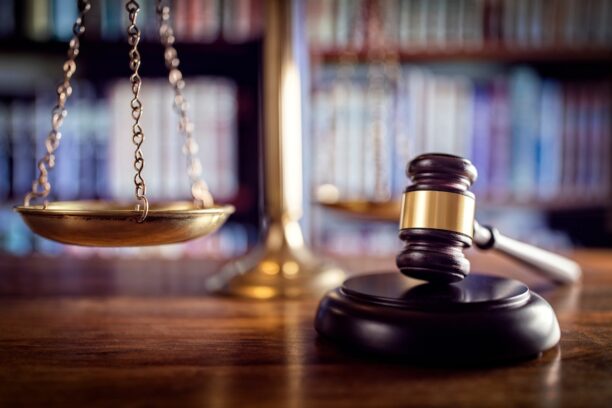On July 28, environmental advocacy group Client Earth and the US PIRG Education Fund brought a lawsuit against Washington Gas Light Company (WGL) alleging false advertising and greenwashing for claims appearing on customer bills and WGL’s website that tout the environmental benefits of natural gas. The claims are both familiar and unique.
Case Breakdown
The plaintiffs allege that WGL made several false claims that appeared on customer bills and their website. Among these claims are that:
- Natural gas is a clean, efficient, and reliable energy;
- Converting an all-electric home to natural gas is the equivalent of planting 2.75 acres of trees or driving 26,520 fewer miles each year; and
- WGL follows “a science-based plan to meet DC’s climate goals.”
The plaintiffs argue that natural gas cannot be advertised as “clean” since it is comprised primarily of methane, which they say has a greater potential of negatively affecting climate change than CO2 due to methane’s global warming potential (GWP) 28-86 times that of CO2 depending on the time period measured. They also argue that the extraction process for natural gas and leakage during transportation and storage does substantial environmental damage which would categorically bar the company from describing the fuel as “clean.”
The plaintiffs also argue that even if natural gas could be considered “clean,” WGL’s gas is particularly unclean. This is because, according to the complaint, WGL used 0% low-carbon gas supply in 2018 and plans on increasing that to only 2% low-carbon gas by 2025. The plaintiffs argue that WGL’s use of methane is therefore inconsistent with their sustainability statements.
Additionally, the plaintiffs argue that WGL’s claim of following a “science-based plan to meet DC’s climate goals” is misleading. The complaint claims the DC government has directly disavowed WGL’s plan and specifically criticized it as inconsistent with DC’s climate goals. The plaintiffs cite a 2020 study by Princeton University that states that to meet net zero by 2050 natural gas production would have to decline by 25-85%.
What this Means
The allegations could have far reaching impacts. Plaintiffs make a compelling case that these statements are false, or at the very least exaggerated. Among the interesting aspects of the case is how it fits into the overall mold of greenwashing cases we’ve seen so far.
- For starters, WGL’s claims are highly specific. A go-to defense for companies facing allegations of green-washing is to argue that their claims are non-specific and aspirational – what the courts call “non-actionable puffery” rather than genuine claims. However, the claims against WGL are so specific, it is unlikely this defense will be available. To beat the false advertising claims – and in stark contrast to a “non-actionable puffery” defense – WGL is going to have to substantiate these statements and show the court their work. Whether or not they’ll be able to do that remains to be seen.
- Secondly, the FTC’s Green Guides are once again front and center. The complaint cites directly the FTC’s Guides for Environmental Marketing, specifically the FTC’s disapproval of “unqualified general environmental benefit/sustainability claims.” These are claims companies make which tout a vague environmental benefit without qualifying exactly what that benefit is. While this isn’t an FTC regulatory action, greenwashing cases often cite the FTC’s Guides for Environmental Marketing as persuasive authority on interpreting false advertising in the environmental context.
For members looking for more information on the FTC’s guides, consult our Guidebook “Using the FTC’s Green Guides for Marketing” which can be found on our Guidebooks page. And greenwashing will be one of the Hot Topics in the first panel of our upcoming “1st Annual Practical ESG Conference”.










